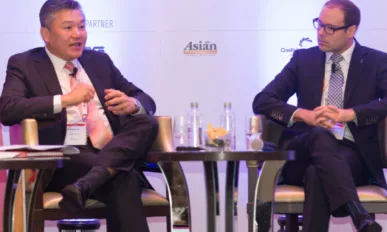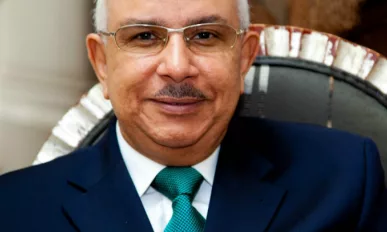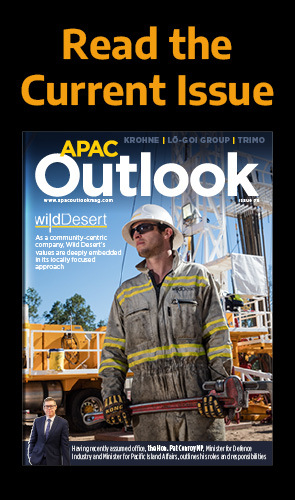JLT Asia: Beyond the Boundaries of Insurance
Perhaps unsurprisingly, and certainly in line with its influence elsewhere around the world, the prominence of Jardine Lloyd Thompson (JLT) in Asia is long and distinguished.
Malaysia Trade & Export Finance Conference 2017
Global Trade Review (GTR) welcomes you to join us, our sponsors and our partners for the Malaysia Trade & Export Finance Conference 2017, taking place at the Mandarin Oriental in Kuala Lumpur on 14 March.
Visa Drives Asian Innovation
In April, 2016, Visa Inc. announced the opening of its Singapore innovation centre; the first in a network of similar facilities that the global finance heavyweight plans to open around the world.
Discussing the PPP Projects of the Future
The PPPs in Emerging Markets Summit will be hosted on 11-13 July, 2016 at the Westin Grande Sukhumvit, Bangkok, Thailand.
Visa Launches Business Hub in Asia
Visa has announced the launch of its new one-stop portal, Visa Business Hub in Malaysia and Singapore in a bid to deliver further tangible value to business customers.
Electronic Payments Create 13,000 Jobs in Singapore
Higher usage of electronic payment products helped to contribute to a creation of more than 13,000 jobs in Singapore between 2011 and 2015.
JLL Named Asia-Pacific’s No.1 Real Estate Investment Advisory Firm for Fifth Year
JLL has been named the number one real estate investment advisory firm in Asia Pacific for the fifth year in a row, based on total value of sales completed.
Groundbreaking ICD Forum to Explore China-OIC Joint Investment Opportunities
The IDB is hosting a groundbreaking event to connect investors and regulators from Asia, Africa and the Gulf with senior decision-makers of the world’s second-largest economy.
Responding to Headwinds & Refreshing the Vision for Islamic Finance
The Islamic Banking & Investment Asia/Middle East Congress 2016 will bring together the leading players from the Middle East and Asia to explore, engage and showcase sectoral and geographic opportunities.
Striking Synergies Between Malaysia’s Islamic Finance Market and Responsible Finance Sector
Islamic finance has an important role to play as it becomes of increasing interest to global responsible finance.
Visa Checkout Brings Fast and Easy Payments to Hong Kong
Visa has launched the Visa Checkout platform in Hong Kong today, following a launch first initiated in the US, Canada and Australia.
China Resumes IPOs As Stock Market Revives
China’s securities regulator said on Friday it would resume initial public offerings (IPOs) in China, lifting a suspension put into effect in July.













































